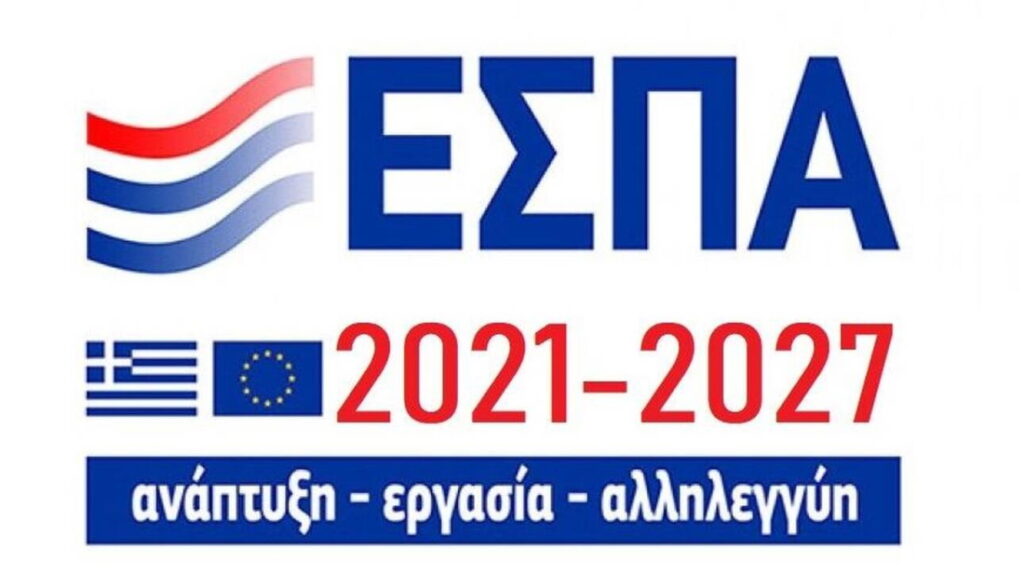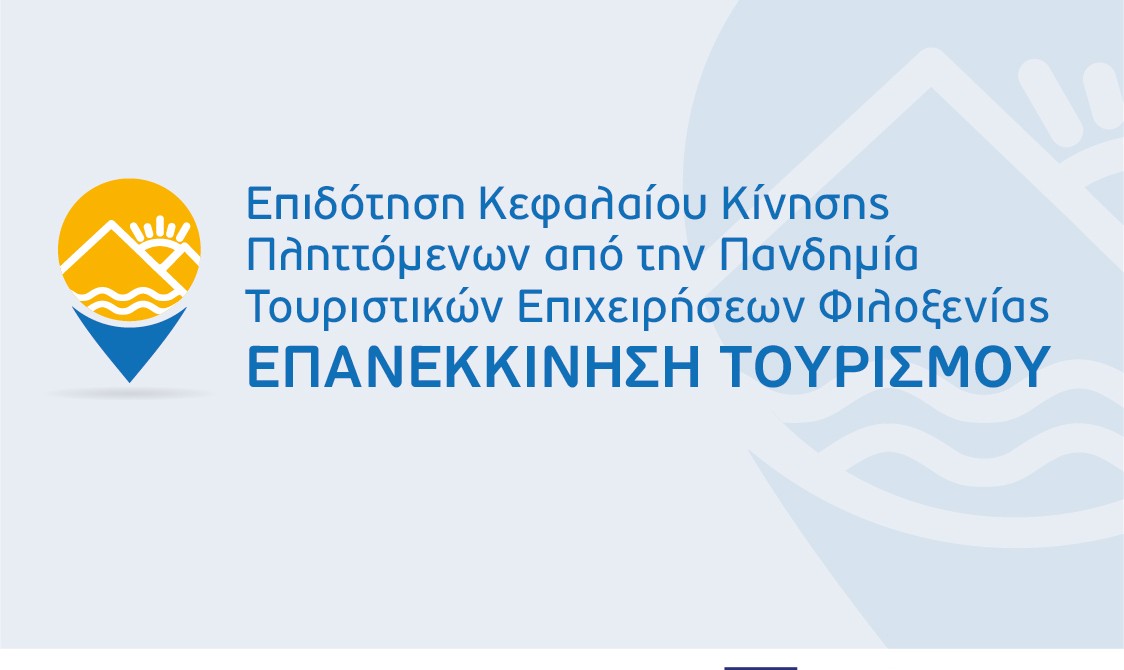
In a simpler and shorter way, the new NSRF aims to make the payment process for beneficiaries of the new NSRF Ministry of Development and Investment , setting limits on the amounts for which the presentation of insurance and tax information is required, but also a specific time within which the aid should be paid.
The austerity interventions are included in the draft law for the NSRF 2021/27 with a total budget of 26.2 billion. euro raised by Minister Adonis Georgiadis in a public consultation, which will remain open until January 10.
Within 80 days
Under this bill, the managing authority must ensure, provided funding is available, that the beneficiary receives the full amount owed no later than 80 days after the date the beneficiary submits the payment request. However, the deadline can be interrupted the deadline can be interrupted to ascertain whether the amount is due. As far as they are concerned PPP operations, payments are made to escrow account created specifically for this purpose in the name of the beneficiary for use in accordance with the PPP procedures.
Payments to the beneficiaries are made only upon the mandatory presentation of evidence of tax and insurance awareness, in accordance with the generally applicable provisions on tax and insurance awareness for the collection of money, but without the condition of withholding.
However, as the draft law provides, proof of tax and insurance awareness is not required for the payment of transactions up to the amount of 10,000 euros. This provision is estimated that it will improve the position of several micro and small enterprises that have received small amounts from the co-financed programmes, however are hampered by the requirement to provide tax and insurance information.
Unconfiscated sums
Unconfiscated sums which are co-financed by the NSRF programs and the programs of the Migration and Home Affairs Funds do not subject to deduction or withholding due debts to the State and any public sector body, as well as to the insurance organizations or confiscation in the hands of the public or third parties and no other special charge or other fee of equivalent effect is collected, which ia resulted in the reduction of the amount due to the beneficiaries.
It should be noted that a draft law is a necessary condition in order to activate the new sectoral and regional programs which have been submitted and await the final approval of the European Commission. From the total of 26.2 billion eurosthe 20,9 billion euros are community resources. The remaining 5.3 billion euros they will be covered by national participation.
Regarding the sectoral programs that have been submitted for approval to the Commission, these are:
- Competitiveness Entrepreneurship Innovation with 3.886 billion euros
- Human Resources and Social Cohesion with 4.161 billion euros
- Digital Transformation with 943 million euros
- Environment and Climate Change with 3.606 billion euros
- Transportation with 2.224 billion euros
- Civil Protection with 713.76 million euros
- Just Development Transition with 1.629 billion euros
- Fisheries, Aquaculture and the Sea with 519.64 million euros
- Technical Assistance with 504 million euros
NSRF Regional Programs
However, in addition to the above, there are also 13 Regional Operational Programs (RPP). The resources that will be managed by the Regions in the context of the new NSRF amount to 8.1 billion euros. From the NSRF 2014/20 they accounted 5,9 billion euro.
Specifically, the PEPs are the following:
- Eastern Macedonia and Thrace with 639 million euros
- of Central Macedonia with 1.44 billion euros
- of Thessaly with 554 million euros
- Epirus with 426 million euros
- of Western Greece with 628 million euros
- of Western Macedonia with 394 million euros
- Central Greece with 426 million euros
- Peloponnese with 410 million euros
- of the Ionian Islands with 288 million euros
- North Aegean with 394 million euros
- of Crete with 565 million euros
- Attica with 1.617 billion euros
- of South Aegean with 285 million euros




